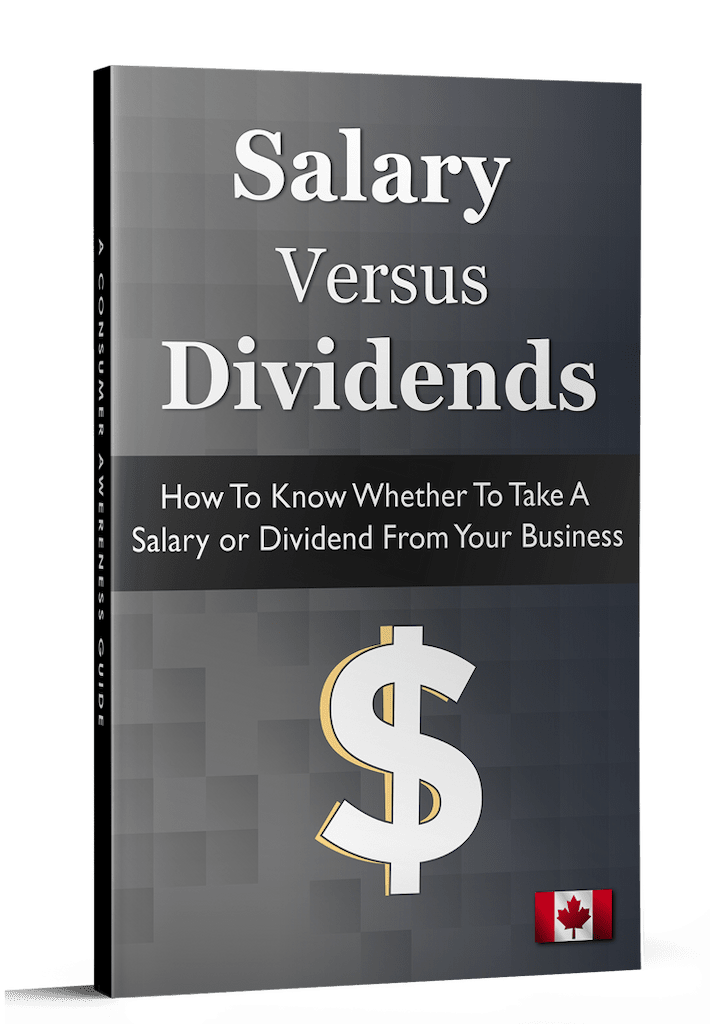Most Canadians are not aware of the fees they pay when they purchase mutual funds. They are hidden and rarely discussed by financial advisors. In this blog post, I’m going to show you ALL the fees that Canadians pay when investing in mutual funds and best of all, how to avoid them.
The Management Expense Ratio (MER)
All mutual funds have a fee called the “management expense ratio”. Ths is an annual fee that everyone pays however it is not shown on investment statements. It is conveniently shown somewhere in the middle of a report, (that could be as long as 200 pages) called a “Prospectus” that investors get annually. Good luck in trying to read this report without falling asleep on page 6.
“Front End” Charges
This is a fee that is typically charged if your advisor works for an investment firm that is bank owned or works at an independent investment firm. These fees do not apply if you are buying bank owned mutual fund from a branch of your bank. Your advisor can charge up to 2% when you originally purchased the fund, So a fund purchase worth $100,000 will cost you $2000. Remember, this is on top of the annual MER.
Deferred Sales Charges (DSCs)
This one is my favorite and is your broker’s favorite as well. In this case, when you purchase a fund, you do not pay anything upfront. However, If you decide to sell or redeem that fund within 7 years, you can pay up to 7% to get your money! The typical commission a broker gets in this transaction is 5% of the amount of the investment. This is on top of the MER that you would pay annually. These fees do not apply if you are buying bank owned mutual funds from a branch of your bank.
Double Dipping
If all those fees weren’t enough take a close look at this sneaky ploy advisors use to get more commissions. Each year the investor is entitled to take 10% of their money when they purchase a deferred sales charge DSC mutual fund without incurring charges. So if you bought $100,000 of a fund, you can take out $10,000 with no charge. What advisors do is they’ll cash out the $10,000 without you knowing it, and then take the proceeds to buy the same mutual fund but this time, they buy it on the “Front end” charges basis. The broker gets more commissions for adding zero value to your portfolio. If you check your statements and see 2 funds with basically the same name, your advisor double dipped.
What To Do About It
The first step is to take your statement to your advisor’s manager and ask for a detailed explanation of the fees that you’ve paid and the fees you will be paying going forward. Once you get over the shock, find an advisor that uses ETFs or Exchange Traded Funds. The typical annual charges for most ETFs are about 0.1-0.4%. If you are a do-it-yourself investor you can purchase the ETFs at your bank’s discount broker for $10 a trade.
The only investors that should be using mutual funds are the ones that are just starting out with little or no money, or can put away $50 a month. If you have over $50,000 and you are still in mutual funds your advisor is doing you a disservice because he or she has other alternatives that will cost you a lot less.
It stills amazes me how the regulators in our country allow this to happen.
If you would like to see how your mutual funds were purchased and how much in fees you are paying, send me an email by clicking HERE or by calling me. You can find all my co-ordinates right HERE. I talk about this and many more secrets of the financial services industry on my podcast called “Confessions of an Ex Banker” and you can here all the episodes by clicking HERE. Unlike most podcasts, the episodes are about 12 minutes long (who has time to listen to a 70 minute podcast?).
*This content is developed from sources believed to be providing accurate information. The information provided is not written or intended as tax or legal advice and may not be relied on for purposes of avoiding any Federal tax penalties. Individuals are encouraged to seek advice from their own tax or legal counsel. Individuals involved in the estate planning process should work with an estate planning team, including their own personal legal or tax counsel. Neither the information presented nor any opinion expressed constitutes a representation by us of a specific investment or the purchase or sale of any securities. Asset allocation and diversification do not ensure a profit or protect against loss in declining markets. This material was developed and produced by Advisor Websites to provide information on a topic that may be of interest. Copyright 2014-2015 Advisor Websites.






